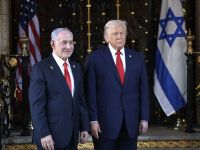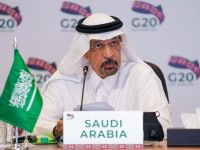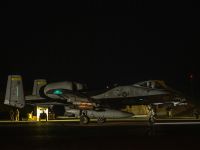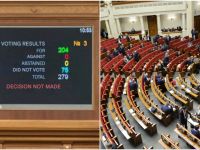Last month, France also began supplying weapons to Lebanon as part of a $3-billion, Saudi-funded programme.
"Hollande is a formidable tactician. He has well understood the enormous concern in the Sunni Arab world about the Arab Spring and the sectarianism breaking out in the region," said Pierre Lellouche, a former trade minister from the opposition UMP party.
But in the contest between Iran and the Gulf monarchies, France may have come down too clearly on the side of the latter, analysts warn.
"Is it sensible of France to go with one camp over the other? No. It is preferable to keep a policy of equal distance between the two," said Lellouche.
Instead, Hollande was feted with pomp and ceremony in the Saudi capital Riyadh this week. His lengthy joint statement with King Salman was replete with phrases such as "spirit of friendship", "privileged relations" and "strategic partnership".
"If the conflict between Iran and Saudi Arabia gets increasingly bitter, the risk is that France will be perceived as endorsing Saudi Arabia's foreign policy," said David Butter of the Chatham House think tank in London.
- 'Proud of selling weapons' -
None of this has gone over well in Iran, where President Hassan Rouhani this week made pointed remarks about Western countries who "come to the region and are proud of having sold billions of dollars or euros of weapons".
By Michel Sailhan








